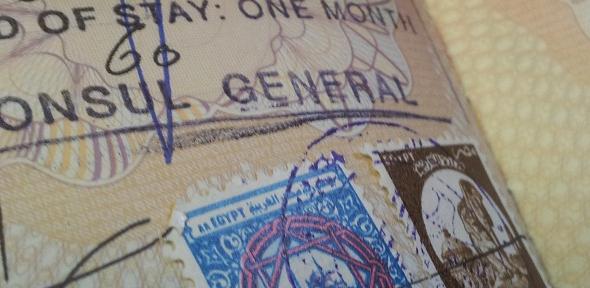
The University of Cambridge welcomes visitors from across the world to undertake a variety of academic activities, including conducting research, giving lectures and acting as examiners.
To determine the appropriate visa for the required visit, please use our visitor form. If the activity or reason for the visit is not covered within the form, please check the appropriate webpage below. If you are still unsure, contact the Compliance Team for further advice. Please include full details of the proposed visit.
Detailed information on each visitor visa route can be found below:
- Standard Visitor (academic, business and permitted paid engagement categories)
- Government Authorised Exchange (Temporary Work) (GAE)
- Other visit visas (marriage/civil partnerships or transit [UKVI external webpages])
Academic Technology Approval Scheme (ATAS)
International researchers of certain nationalities, in certain roles and research fields, with a Visitor or GAE visa are required to have ATAS clearance.
- GAE: an ATAS certificate is required before the HR Compliance Team can issue a Certificate of Sponsorship.
- Visitor: an ATAS certificate is required before any research activity can be undertaken. Note: though the certificate is not required for the visa application, we strongly recommend that departments/institutions do not issue an invitation letter supporting a visa application until the visitor can provide you with the ATAS certificate. This is to eliminate the risk of the visitor arriving in the UK without ATAS clearance and being unable to begin their visit, either because the application has not yet been decided, or because it is refused.
* For further guidance on the ATAS scheme and making an application, please see:
- our guidance webpages
- our video briefing (May 2021) (Raven login required)
- gov.uk guidance
Right to work checks for visitors
You are no longer required to undertake any form of right to work check for visitors to the University unless they hold a GAE (Temporary Work) visa.
Please bear in mind that some Visitor visa holders may need ATAS clearance as noted above before their visit can begin, and you should see and retain a copy of their ATAS certificate for the duration of the visit.
